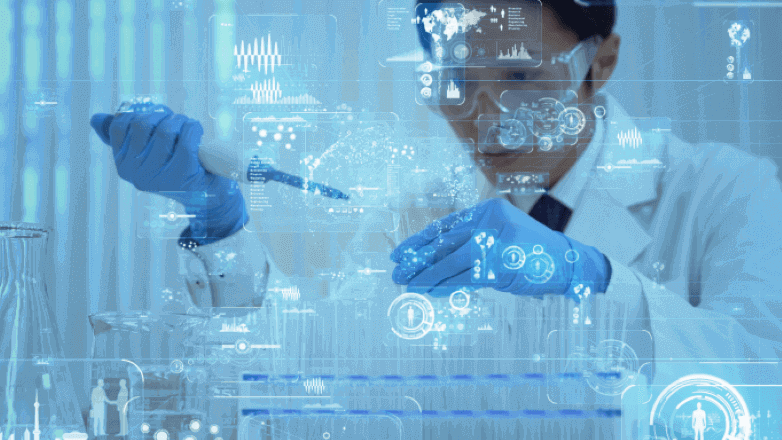The possible impact of AI on life sciences in IP strategies
A stream of recent licensing deals between big pharma companies and AI-driven drug development innovators reflects an evolution that has been picking up pace in recent years. Pharmaceutical companies are integrating, more and more, artificial intelligence and other data-based technologies into their business models. This trend suggests pharma innovators are leaning increasingly heavily on AI technology owners. The increase in cash flow into the healthcare AI sector could lead to several IP strategy implications for life sciences organisations, pointed out in IAM Media’s article.
Recent major licensing deals
The first few days of 2022 have already seen three major licensing deals between big pharma companies and AI-driven drug development innovators. French company Sanofi announced a new partnership with UK-based Exscientia, whose biomarker research has the potential to create personalised cancer treatments. Sanofi has agreed to pay $100 million upfront, rising to a possible $5.2 billion for rights to up to 15 oncology and immunology drugs to be identified by the Exscientia’s deep learning technology.
Amgen has struck an agreement worth up to $1.9 billion with AI and machine learning company, Generate Biomedicines who have notable silico design and wet lab capabilities. The agreement is aimed to develop an initial 5 multispecific drugs based on proteins with the option of developing a further 5.
Another partnership that was agreed in the first week of this year was between Merck and Absci, for a research collaboration on 3 complex protein-based drug targets. The partnership is worth up to $600 million and makes use of Absci’s joint AI and synthetic biology capabilities.
The IP strategy implications
The increase of investment into the healthcare AI sector suggests multiple IP strategy implications. The growing number of valuable innovations in the overlap between the high-tech and life sciences sectors points to a rising demand for IP teams with hybrid expertise to protect those assets. This suggests there are more opportunities for high-tech IP professionals to work in life sciences, but also that in-house and private practice teams have a greater need for technical expertise at the crossover between computing and biopharmaceuticals.
New legal questions surrounding AI may also arise, such as the question of whether an AI can be named as an inventor on a patent as seen in the DABUS case. Furthermore, given how recent these developments are, there lacks certainty on how the use of AI in drug development might affect patent validity by impacting the concept of the skilled worker.
This soar in AI-based drug innovation appears to be one of the factors causing the increase in data-driven and computer-assisted healthcare patents. With this technology space growing at a very fast pace, it is now more important than ever for IP teams to stay ahead of the curve by accessing a searchable patent database. PatBase facilitates FTO searching, helps scientists and legal professionals gain an understanding of a technology landscape and competitors operating in that space and identify potential licensing opportunities. For more information on how Minesoft patent information solutions can support your organisation contact [email protected].

